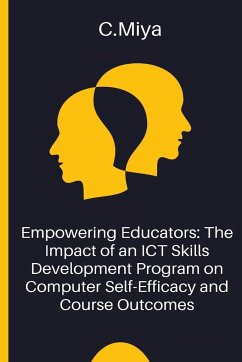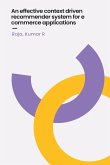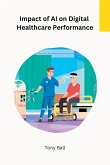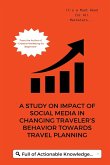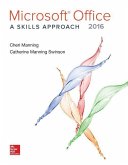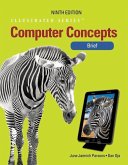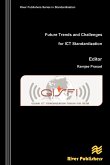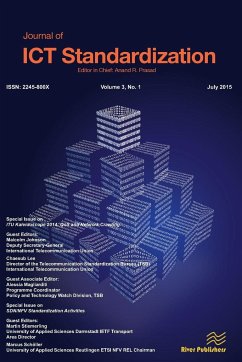This Digital century is associated with the explosion of knowledge-based countries, villages, towns, and cities where ICT may play an eminent role. Especially, in the educational community, information, and communication technology skills have become crucial to curriculum designing and implementation. With the internet, computer, and mobile technology available to most of teachers, education technology becomes increasingly indispensable in the field of education. The availability of the Internet in schools enables teachers and students to have a variety of opportunities to expand the curriculum. In the digital age, public schools will require teachers to have competent technology skills and be able to effectively implement technology in classrooms. The introduction and rapid spread of information and communication technology, such as email, telephone, fiber optics, and EDUSAT, is revolutionizing the way in which societies interact, conduct their classes, committed to their human resource development agendas. ICT society enables enormous opportunities for enhancing business and economic viability at a reduced cost. It also contributes to strengthening democracy, increasing social participation, competing in global education, and removing barrier to modernisation. ICT is a powerful tool to bring up reform in education, as it allows students to participate in a wide range of computer activities, while home serves as a complementary site for regular engagement in a narrower set of computer activities. ICT is being applied successfully in instructional methods, learning, teaching, and evaluation, and has been shown to raise educational standards and connect learning to real-life situations.

